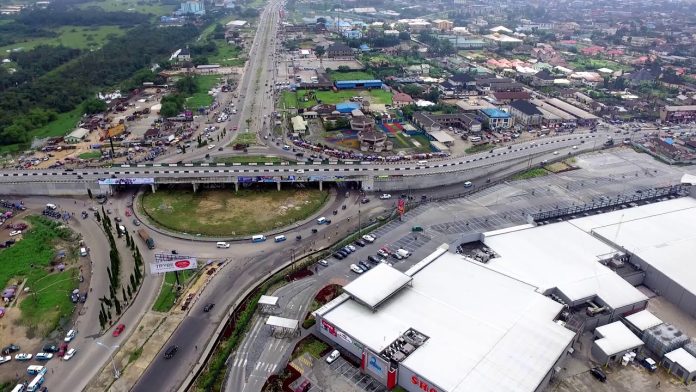THE renewed tension in Warri is a reminder of how fragile peace can be when the lessons of history are ignored. Once again, ethnic suspicion, political rivalry, ward delineation, and land disputes threaten to unravel over two decades of painstaking reconciliation, and for those who remember the dark years of blood and fire in the late 1990s and early 2000s, this is déjà vu, a nightmare threatening to return.
Therefore, the recent warning by a former Delta State Commissioner for Special Duties (Peace Building and Conflict Resolution), Comrade Ovuozourie Macaulay, is timely, sincere, and deserves the urgent attention of all stakeholders in the Niger Delta region, and Delta State in particular.
What began as a dispute over land boundaries (constituency delineation) between youths of neighbouring communities has begun to fester into violent confrontations. In Warri South, particularly around the Ibo Market and Okere Road axis, Itsekiri and Agbarha-Urhobo youths have clashed over territorial disputes, leaving several people injured and forcing shops to shut down. Security forces were deployed to restore order, while Governor Sheriff Oborevwori called for calm and ordered a crackdown on armed youths. It is one of the recent skirmishes in the area.
It is against this troubling backdrop that Comrade Macaulay, who between 1997 and 2004 was at the heart of the negotiations that ended one of Nigeria’s most devastating communal conflicts in Warri, issued a stern warning: do not destroy the peace Warri has built over the past two decades.
In a recent interview, Macaulay reminded Deltans of how difficult it was to bring the warring ethnic groups, the Itsekiris and the Ijaws, to the same table. The process, he said, was only made possible through the wisdom and commitment of revered leaders such as the late Olu of Warri, OgiameAtuwatse II, and late elder statesman Chief E.K. Clark. Those negotiations, which began at the Navy Barracks in Warri, were not without chaos. “While we were doing that, you would hear explosions across the river,” Macaulay recalled. “People were dying, and properties were being destroyed.”
We strongly align ourselves with Macaulay’s position. We echo his plea to all factions:Ijaw, Itsekiri, and Urhobo, to shun violence and resist manipulation by those who profit from chaos. The current skirmishes over political representation and land should be addressed through established legal and traditional channels, not through the barrel of a gun.
Incidentally, what makes Macaulay’s warning even more urgent is his understanding of how the stakes have changed. For instance, the weapons of war are no longer crude; they are more deadly, more accessible, and more destructive. Beyond the threat of violence, Macaulay also reminded warring parties of the transformative power of peace as the same youths who once carried guns now run thriving businesses and contribute meaningfully to society.
The amnesty programme, local entrepreneurship, and government investments in Warri, and Delta State in general, all grew out of that period of stability. Had the war continued, these success stories would never have emerged. It is proof that peace is not only moral but also materially rewarding.
Consequently, it behooves traditional rulers, youth leaders, and political stakeholders in Warri to act fast with restraint and wisdom. The state government and security agencies must remain vigilance but impartial, ensuring that no group feels marginalised. The issues at stake, land, representation, and respect, are not insurmountable. What is required is dialogue anchored on sincerity, not brinkmanship. Community leaders who fan the flames of division for personal gain must be held accountable.
In particular, we call on traditional rulers, youth leaders, and security agencies to act swiftly and decisively to prevent further escalation, while the state government must intensify peace-building interventions. In Warri,dialogue must replace confrontation; reason must prevail over rage.
The Warri of today has moved beyond the chaos of yesterday; it must not look back. Let the elders counsel the youths, let the leaders rise above ego, and let reason prevail. Warri must not burn again, for if it does, it will consume far more than its own people; it will dim the light of hope for peace across the entire Niger Delta.


